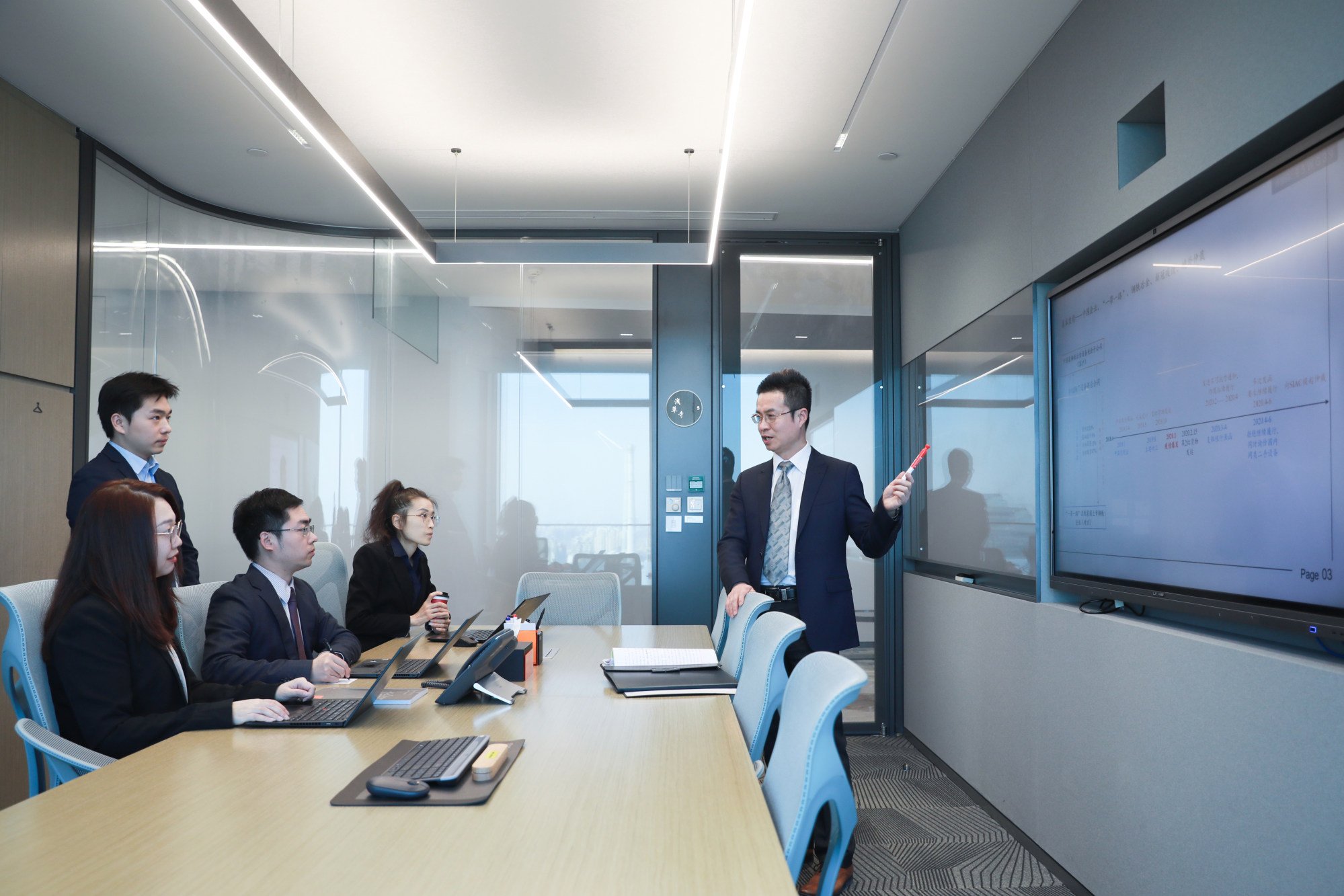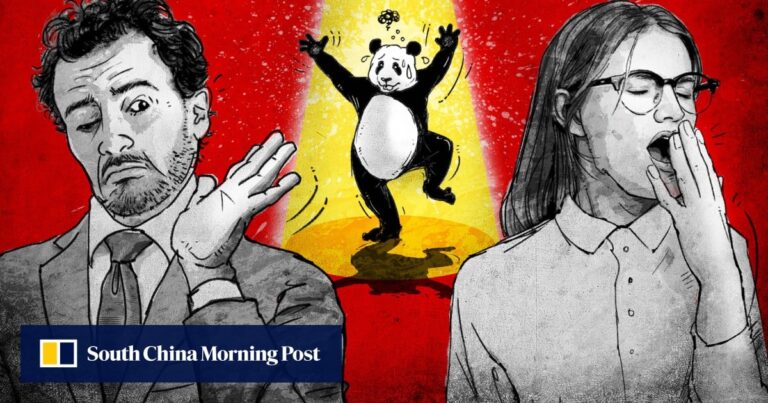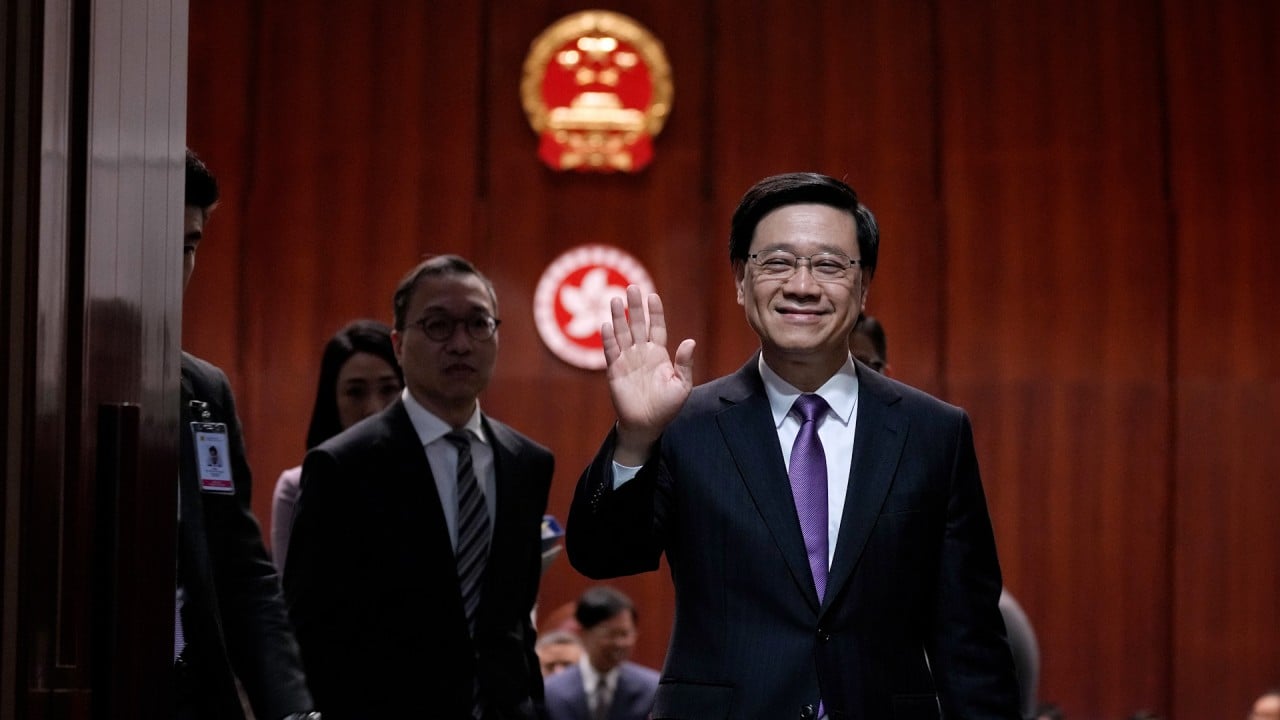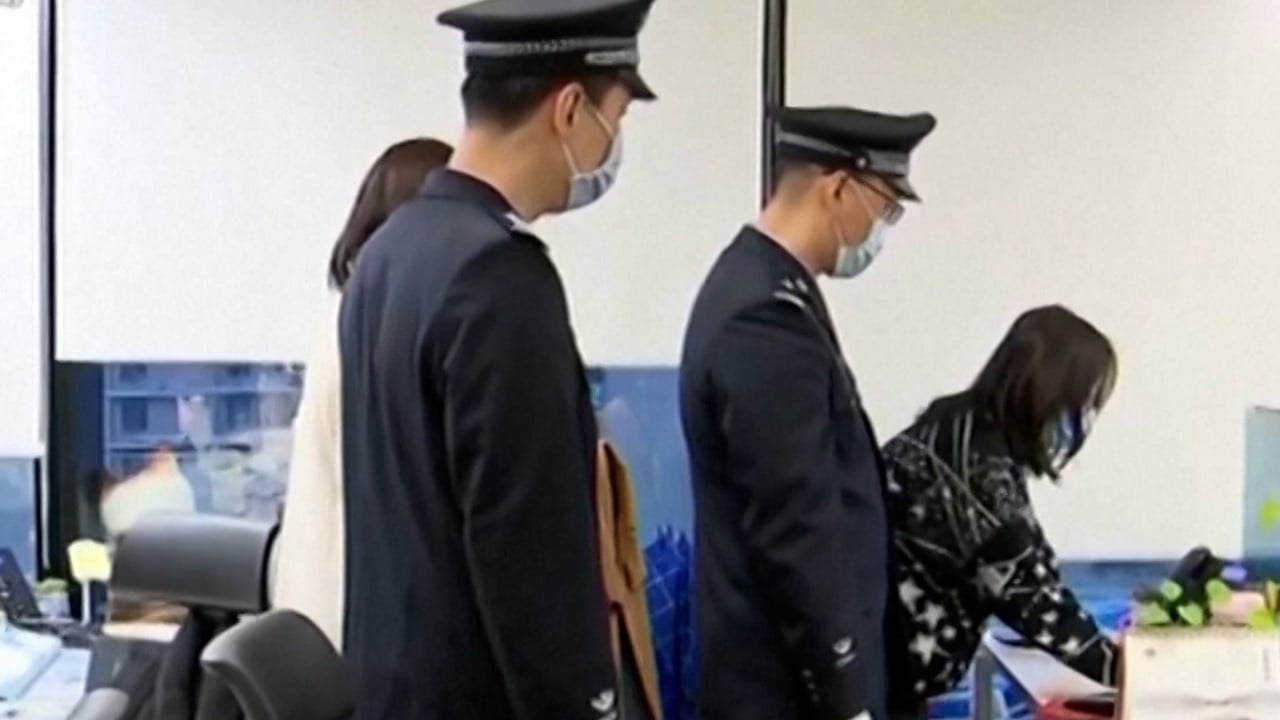Victories like Mr. Huo’s are highly coveted by Chinese companies operating overseas, and the demand for international commercial arbitration is increasing alongside overseas operations.
One legal dispute can ruin the entire deal…reputation in foreign markets and the entire investment can be lost
Legal experts say the increase in the number of Chinese applicants will have broader implications for international arbitration destinations in the future. This is because these companies want institutions that are familiar with their country’s legal and commercial culture.
“Many local small and medium-sized enterprises have started expanding globally and are encountering conflicts,” said Joey Chou, a female entrepreneur from Hunan province who sells grain and oil machinery in Southeast Asia and the United States. “Just her one legal dispute could ruin the entire deal. You could lose your reputation in foreign markets and your entire investment.”

Recent research and legal scholars say these companies are having a hard time finding the right institutions to serve their needs.
According to the 2022 report of the China International Economic and Trade Arbitration Commission (CIETAC), nearly 60% of survey respondents were from Southeast Asia, half from Hong Kong, Macau, and Taiwan, 40% from Europe and North America, and 30% from It became clear that there was a conflict. In Africa.
According to the report, arguments over construction contracts and product sales contracts are the most common of these disagreements, with up to 86% of companies surveyed choosing arbitration as a means of resolving disputes in their overseas operations. Then he answered.
According to the report, it is difficult for Chinese companies to choose domestic institutions or other familiar institutions for international arbitration. Inadequate global competitiveness and credibility, as well as lack of expertise, limit the usefulness of some available options.
Wang Jianyu, director of the Center for China and Comparative Law at City University of Hong Kong, said several international regional arbitration hubs have sprung up in Asia over the past two decades.
Most “international” disputes are simply Chinese companies versus Chinese-owned foreign companies.
As the number of disputes involving Chinese companies and capital increases, China’s major arbitration institutions, especially those in Beijing, Shanghai and Shenzhen, are becoming more well-known, Wang said. However, the core global presence of an international arbitration hub is still missing, he added.
“Their international credibility and influence is still lacking,” he said. “Very few foreign companies voluntarily submit disputes to Chinese arbitration institutions. Most “international” disputes are simply Chinese companies versus Chinese-owned foreign companies. ”
China’s Supreme Court launches new judgment database amid transparency concerns
China’s Supreme Court launches new judgment database amid transparency concerns
He said Chinese arbitration follows several international conventions, which facilitates the coordination of international and local laws and the resolution of conflicts in existing laws and regulations.
“Therefore, whenever possible, foreign executives choose arbitration locations outside China, such as Singapore,” he said.
Based on 2022 data, four major arbitration institutions, CIETAC, SHIAC, Beijing Commission for Arbitration (BAC), and Shenzhen Court of International Arbitration (SCIA), have increased the number of cases handled between cross-border parties. It is steadily increasing. or under the auspices of international law.
In terms of total number of foreign-related cases, CIETAC topped the list with 642 cases, followed by SCIA with 384 cases, BAC with 221 cases, and SHIAC with 196 cases. According to the data, Hong Kong law and the United Nations Convention on Contracts for the International Sale of Goods remain the extraterritorial laws applied by the largest number of parties.
By comparison, the Singapore International Arbitration Center (SIAC) received 357 new case filings in 2022, approximately 88% of which were international. The most common countries of origin for the center’s customers remained India, the United States, and China.
Industry insiders say China’s main arbitration institutions still have a long way to go to build international trust.
It may be against national or regional interests, it may have desirable technology, it may face unpredictable policy changes…then the content of the contract is less important.
“First of all, language is a big issue,” says Wang, of the City University of Hong Kong. “Secondly, governing law. The major international arbitration frameworks are common law-based. Overall, [domestic operators] With the exception of a few people, they are not very familiar with international business, and it is difficult to gain their trust. ”
Politics can also complicate matters. “Chinese lawyers call this the 90/10 percent rule,” said Matthias Oteo Johansson, a China business consultant at Holosin, a Swedish company that sources products and companies from China’s manufacturing ecosystem. talk. “In 90% of cases, Chinese contract law favors properly drafted contracts in Chinese, especially if you are doing business in an area of non-political interest.”
Hong Kong has long been Asia’s largest international arbitration center, covering areas such as trade, investment and stock listings, and many companies not involved in the region are willing to submit their disputes to Hong Kong for arbitration. Mr. Wang said.
“However, over the past decade, Hong Kong’s affairs have been rapidly overtaken by Singapore in the development of arbitration as an emerging industry,” he said. “Geopolitical factors are also causing some international companies to reconsider dispute resolution in Hong Kong.”
A total of 344 cases were filed with the Hong Kong International Arbitration Center (HKIAC) in 2022. Of these, 83.1% were international in nature, meaning at least one party was not from Hong Kong, while 32% did not involve Hong Kong. No Asian party was involved in Hong Kong’s political parties (5.8%). During the same period, 48.3 percent of HKIAC cases did not involve a mainland Chinese party, and 17.7 percent did not involve a Hong Kong or mainland disputant.
Huo, a Beijing-based lawyer and arbitrator, said that while more Chinese companies are choosing international arbitration institutions closer to home, mainland institutions still need to make significant efforts to catch up with their international peers. He said that he is doing so. He said there was a need to focus on improving existing rules and mechanisms while strengthening international exchanges.
The key to building an international arbitration hub is the willingness of end users to choose institutions in their region, Huo said.
“To create a more arbitration-friendly legal environment, there should be more support not only from the judiciary but also from the legislature, national and local governments,” he added. “For example, courts should protect and rarely invalidate arbitration agreements and awards if they are legally permissible. Participation of legal practitioners in the drafting, discussion, and development of laws and regulations should also be encouraged. It’s essential.”
[Foreign companies] Judge the effectiveness of any system within China by its actions, not its words.
Legal advice also plays an important role, and lawyers need to be familiar with domestic and international arbitration rules to be reliable representation, Huo said. Companies are also increasingly recognizing the arbitration process as a viable alternative to litigation and should be familiar with enforcing awards and damages through arbitration.
“[Foreign companies] “The effectiveness of any system within China should be judged by its actions, not its content,” he said. “I would like to see more separation because national security legislation and the state remain vulnerable to abuse and manipulation.”



